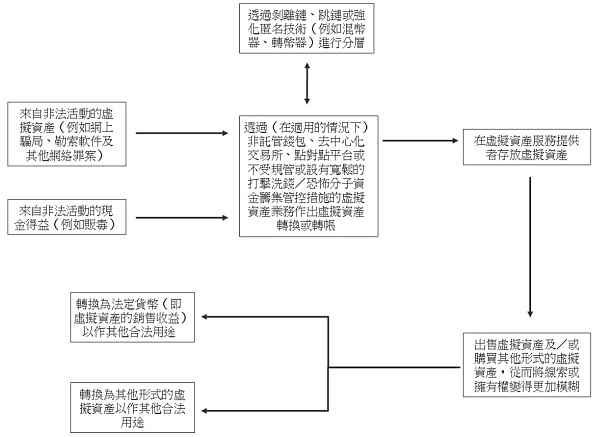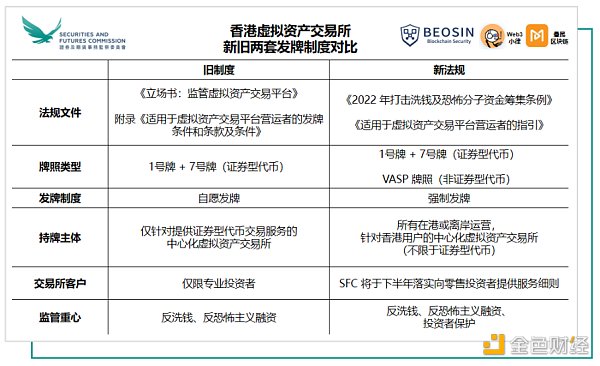Digital Asset Anti-Money Laundering Bill Faces Obstacles in the U.S. Senate
Obstacles in U.S. Senate for Digital Asset Anti-Money Laundering BillAuthor: CASEY WAGNER, Blockworks; Translation: Song Xue, LianGuai
After months of delay due to a lack of co-sponsors, Massachusetts Democratic Senator Elizabeth Warren and Kansas Republican Senator Roger Marshall have reintroduced their cryptocurrency anti-money laundering bill.
This time, the bill places greater emphasis on individual industry members such as miners and validators.
The Digital Asset Anti-Money Laundering Act of 2023 aims to bring “cryptocurrency participants” (defined in the bill as wallet providers, miners, and validators) into compliance with the requirements of financial institutions. If passed, these entities will be required to report any transactions exceeding $10,000 and report any activities that may indicate money laundering or tax evasion.
- An in-depth analysis of Hong Kong’s Web3 policies since the release of the ‘Declaration
- Five key points to watch in Hong Kong’s cryptocurrency policy in the next year after opening up retail trading
- Hong Kong Treasury Bureau’s Chen Haolian The development of Web3.0 should not undermine the stability of the financial system.
Opponents of the bill argue that these participants lack the ability to comply with these requirements, which would hinder their ability to conduct business.
The Chamber of Digital Commerce stated, “Treating these entities by the standards of the largest banks, hedge funds, and money transfer organizations would impose unnecessary compliance burdens, stifle innovation, impede industry growth, and force offshore activities to jurisdictions with less security and regulation.” The Chamber of Digital Commerce wrote in a statement that this is contrary to the legislation.
The bill also requires anyone holding over $10,000 in cryptocurrency in foreign accounts to report to the Financial Crimes Enforcement Network (FinCEN).
Warren and Marshall first introduced a version of the bill in the late stages of the previous congressional session, but the text never entered committee consideration. The two recruited West Virginia Democratic Senator Joe Manchin and South Carolina Republican Senator Lindsey Graham as co-sponsors of the amended bill.
The Digital Asset Anti-Money Laundering Act of 2023 is similar to the 2023 Cryptocurrency National Security Enhancement Act introduced in the Senate in early July. The latter bill also garnered bipartisan support and was initiated by Rhode Island Senator Jack Reed, Virginia Democratic Senator Mark Warner, South Dakota Republican Senator Mike Rounds, and Utah Republican Senator Mitt Romney.
Reed’s bill places greater emphasis on DeFi and brings DeFi under existing Bank Secrecy Act and sanctions requirements. Warren and Marshall’s efforts focus on redefining “financial institutions” and including cryptocurrency in this category.
Both bills have been submitted to the Senate Committee on Banking, Housing, and Urban Affairs, but there are no plans for them to be considered.
We will continue to update Blocking; if you have any questions or suggestions, please contact us!
Was this article helpful?
93 out of 132 found this helpful
Related articles
- Recent Amendments to Cryptocurrency-related Legislation in the US Congress
- All you need to know | China AIGC Entrepreneurship Legal regulation and policy summary (July 2023)
- Google’s major policy update Can Web3 attract a large number of Android users?
- Must-read in the Evening | Key Policy Elements for Cryptocurrency Assets
- SEC New Regulation Listed Cryptocurrency Companies Must Disclose Significant Cybersecurity Incidents
- The U.S. House Financial Services Committee passes the U.S. Stablecoin Regulation Bill.
- LianGu Air Paradigm What principles should be followed in formulating stablecoin policies?






